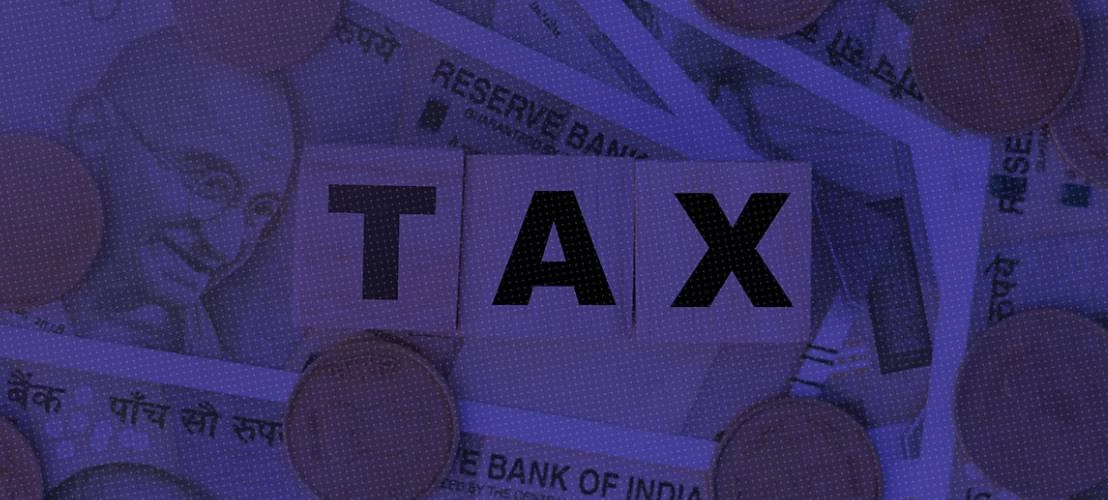The Delhi High Court while dealing with a suit for a permanent injunction observed that a phonetic identity or similarity is an important index of similarity or deceptive similarity of one mark against the other competing mark. It has also reiterated that the tests of phonetic, visual, and structural similarity or identity are disjunctive and not conjunctive.
The Court in its judgment dated 12 April 2022 held that the plaintiff’s registered mark ‘ISITE’, when compared with the defendant’s mark ‘EYESITE’, leaves no doubt that they are phonetically identical and visually similar. It observed that when both the words are articulated, an ordinary prudent man would be unable to distinguish them by their sounds and there would be likelihood of deception and confusion on account of their phonetic identity.
Though the Court noted that the trademark of the plaintiff had a prefix ‘I’ to the word ‘SITE’, while that of the defendant had a prefix ‘EYE’ and a critical comparison of the two marks may disclose some difference, it was of the view that likelihood of confusion and deception on account of phonetic identity and overall similarity of the two marks, when taken as a whole, cannot be ruled out. It also noted that the test was of phonetic similarity and not identity.
The High Court in this regard also observed that not only were the marks phonetically identical, there was similarity in products, i.e. health supplements as well as identity of trade channels and customer base and, therefore, the triple identity test, was satisfied.
Further, the High Court in Sun Pharmaceutical Industries Ltd. v. Kinetic Lifescience (OPC) P. Ltd., also noted that courts have repeatedly affirmed a lower threshold for determining confusion in case of over-the-counter medicinal products.
It may be noted that decreeing the suit partly in favour of the plaintiff, the Court took note of the following principles as reiterated by various courts:
- Competing marks must be seen as a whole.
- Marks are not to be kept side by side for comparison and are not to be dissected or compared syllable by syllable.
- If the marks are visually and/or phonetically identical or similar, confusion/deception is likely to occur; and
- Public interest supports the lesser degree of proof showing confusing similarity in the case of trademarks in respect of medicinal and pharmaceutical products.
The court also found it evident from the documents on record that the word ‘ISITE’ was coined by the plaintiff in 1997 and that the adoption by the defendant of part of the mark in an identical manner showed the intent to misrepresent and pass off the goods as that of the plaintiff by riding on their goodwill and reputation.







